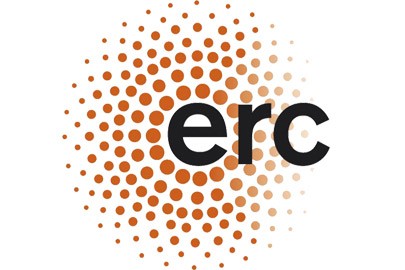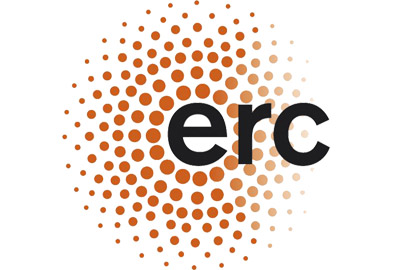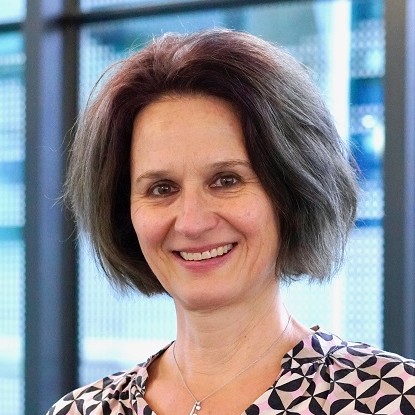A variety of early career research groups are hosted by or associated to TU Darmstadt. The university generally promotes the high scientific autonomy of the early career research group leaders by assigning them examination rights and a teaching load as part of their subsequent appointment to an assistant professorship in an ad personam process.
We summarize the most common university-related early career research group models below and present the actual and former funded groups.
DFG-Emmy Noether Programme
Excellent early career researchers (ECR) with international and at least two years of postdoc experience can apply for the competitive Emmy Noether Programme of the DFG. By heading an Emmy Noether research group with a maximum funding period of 6 years you can directly qualify for a professorship.
DFG-Heisenberg Programme
The aim of the five-year Heisenberg Programme is to support researchers who are already eligible for appointment to a permanent professorship (e.g. through habilitation or equivalent achievements) and who are also distinguished by particularly outstanding academic achievements.
Four types of funding are available within the Heisenberg Programme: Heisenberg professorship, Heisenberg position, Heisenberg temporary substitute position for clinicians and Heisenberg fellowship.
BMFTR Junior Research Groups
The objectives of the Federal Ministry for Research, Technology and Space (BMFTR) in promoting ECR include improving career prospects for excellent ECR inside and outside of academia.
For this purpose, the BMFTR offers particularly talented scientists the opportunity to gain further scientific qualifications as junior research group leaders in research topics determined in the BMFTR calls.
BMFTR Junior Research Groups at TU Darmstadt
| Title | Head of junior research group |
|---|---|
| Ongoing | |
| TWOB – Künstliche Photosynthese |
Dr. Marcus Einert RG (Photo)electrochemistry and -catalysis Department Materials and Earth Sciences |
| nuSENTRY |
Dr. Yan-Jie Schnellbach Scientific Peace Research Department of Physics |
| Completed | |
| IKIDA – Interactive AI algorithms & cognitive models for human-AI interaction |
Dr.-Ing. Dorothea Koert RG Intelligent Autonomous Systems (IAS) Department Informatik |
ERC-Starting Grants
The European Research Council's (ERC) Starting Grant for junior research group leaders emphasises the excellence of the research project as well as proven scientific autonomy and independence from the supervisor of the doctoral thesis. The junior research group can be based at a private or public research institution, with funding provided for up to 5 years.


Counselling about ERC funding formats is given by Dr. Barbara Köhler (barbara.koehler@tu-…).
Helmholtz Investigator Groups
Helmholtz Investigator Groups can be based at a Helmholtz centre or at a partner university. The topics covered by the group must be compatible with both a Helmholtz programme and, at the same time, the core focus of the university or the department. The funding programme is designed for talented postdocs with proven experience abroad. Applications can only be submitted during a call for proposals.
Support with funding applications
- Dr. Yvonne Bachmann (yvonne.bachmann@tu-…), Advisor for R3-scientists (Referat VI E: Ingenium, Dezernat VI), except EU-funding programmes
- Senior Scientific Advisors
- DFG-Liasion Officer Prof. Dr. Jens Braun
Funding Opportunities at TU
Claude Shannon Fellowships
Guidelines of TU Darmstadt (internal, in German)
Access restricted section: Log in to see this section.









